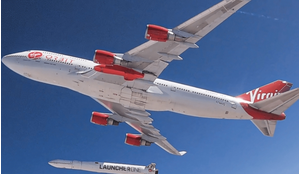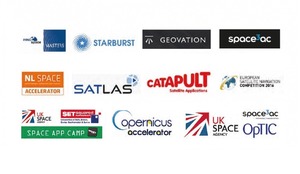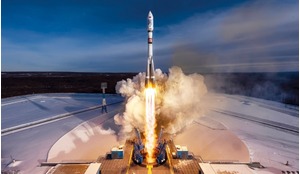The UK’s stated goal is to increase its share of the global space market to 10 percent by 2030, equating to an annual value of around £40 billion but, considering how many countries are competing for slices of a very lucrative pie, that is an ambitious task. The country has so far been successful in its commercial approach to space but, according to the authors, that is no reason for complacency. Changing markets need innovative approaches and they suggest that ‘challenge prizes’ are a useful tool to galvanise action around a shared vision. Could this method of attracting new innovators be a route to breakthrough solutions, creating new cohorts of innovators and even systemic change for the UK?
In two decades, the UK space industry has trebled in size, currently accounting for a five percent share of the global market. In 2016/17 it generated £14.8 billion of income for the UK and £5.5 billion in exports, and indirectly contributed £300 billion to the wider UK economy through services supported by satellite technology. Capturing 10 percent of the future market is an ambitious goal but if we use innovative approaches to growth, we believe there are exciting opportunities for the UK space sector in the next decade.
Will Whitehorn, president of the UK’s space industry trade association, has stated the world is “on the cusp of an industrial revolution in space”, with the UK capable of becoming a powerhouse for global manufacturing. This is thanks, in no small part, to the world-class R&D expertise and scientific innovation that has made Britain an attractive country to found and grow companies.














